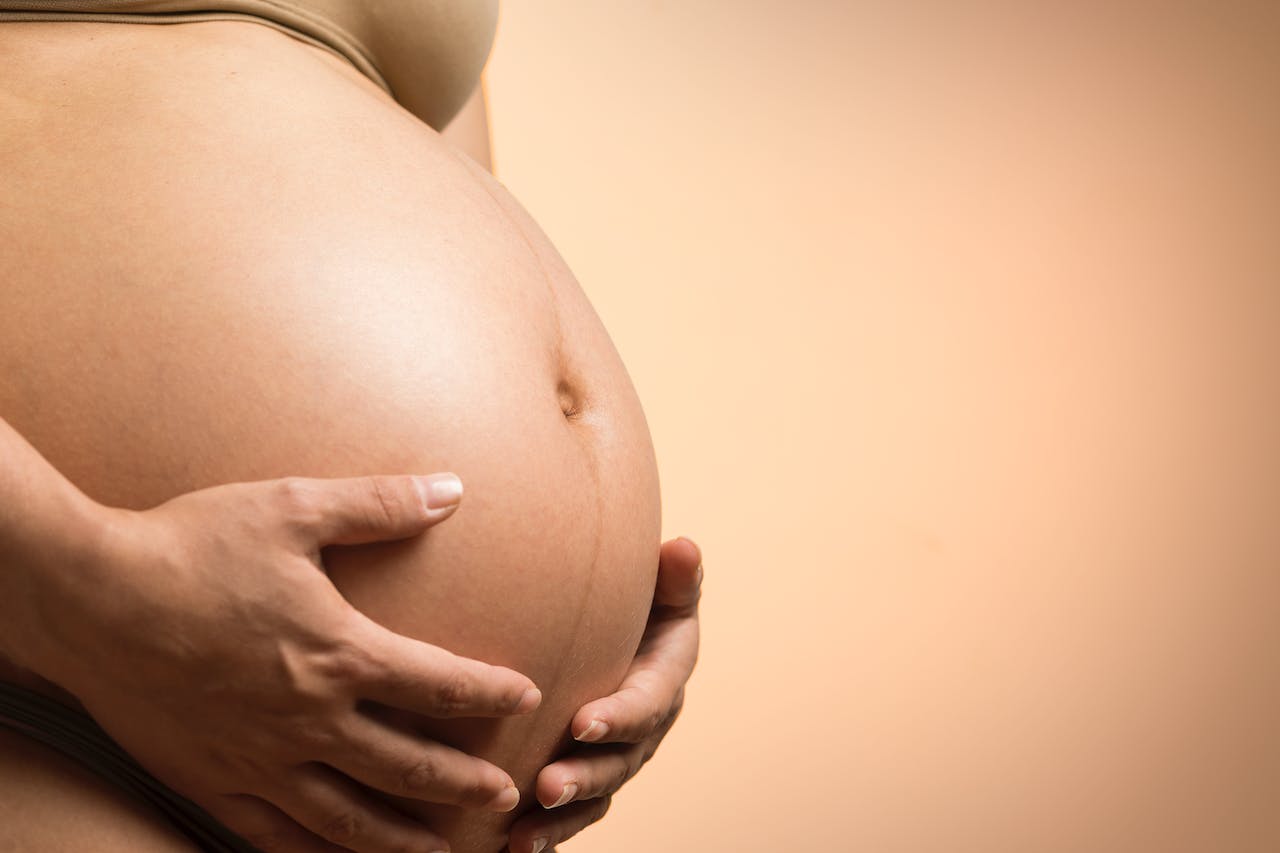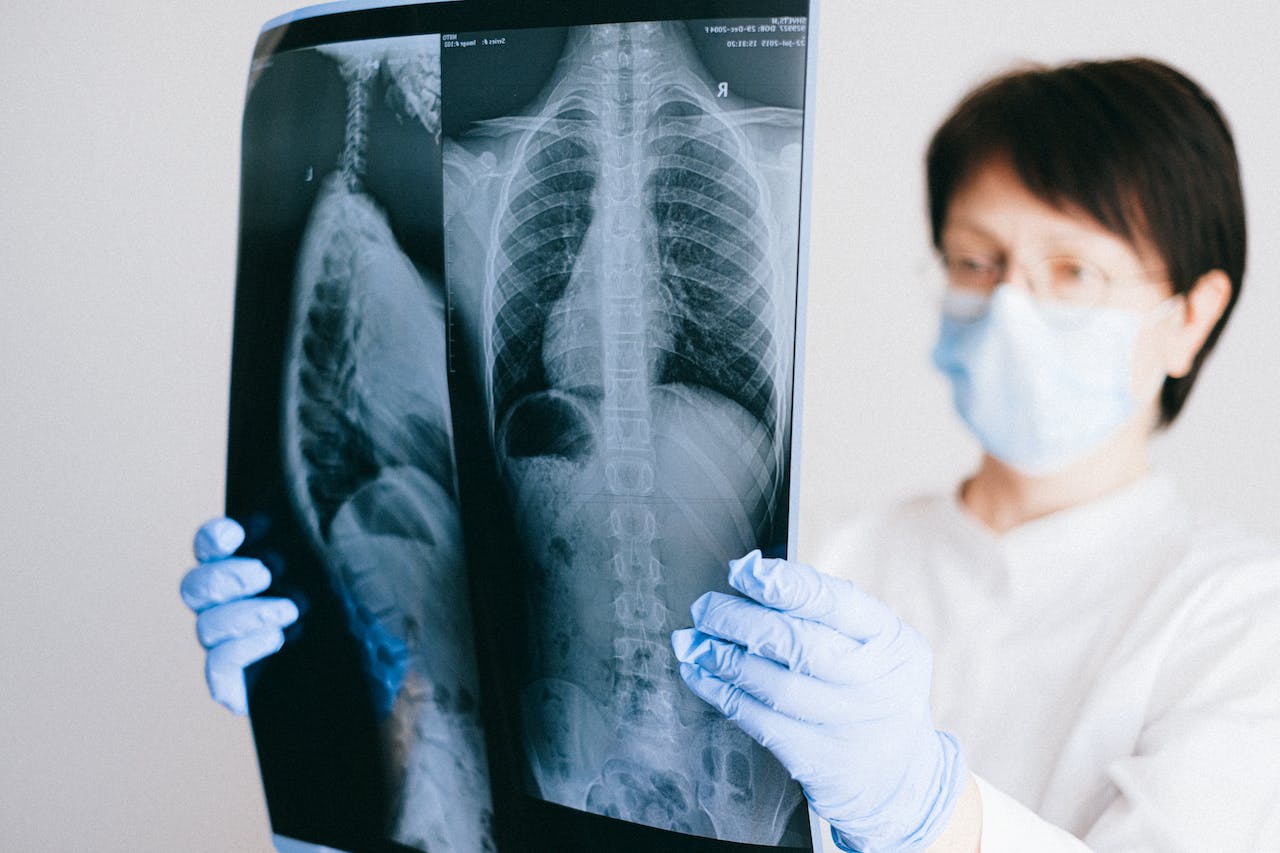Chickenpox (varicella) is a highly contagious viral illness largely seen in children. Most adults have had chickenpox during childhood and are immune to it, but it is possible for adults, including pregnant women, to catch chickenpox as well. In pregnancy, chickenpox can cause complications for both the mother and the baby. It is important to know the risks and available treatments if you are diagnosed or exposed to chickenpox during pregnancy. The Royal College of Gynaecologists has produced a patient-focused leaflet with detailed information which can be accessed here: Chickenpox and pregnancy patient information leaflet | RCOG
Treatment For Pregnancy Chicken Pox
If you are pregnant and think you may have chickenpox, or have been in close contact with someone who has it, you should speak to your healthcare provider immediately. They will assess your risk of complications and provide you with the appropriate treatment options.
Treatment options for pregnancy chickenpox include the following:
- Varicella-zoster immunoglobulin (VZIG): This is an injection of antibodies that can help prevent or reduce the severity of chickenpox in people who are not immune. It should be given as soon as possible after exposure (ideally within 72 hours) to be most effective.
- Antiviral medication: Pregnant women who have been diagnosed with chickenpox may be prescribed an antiviral medication called aciclovir to help reduce the severity of the illness. It should be started within 24 hours of the rash appearing for the best results. Aciclovir does not pose a significant risk to the unborn baby.
- Surveillance and monitoring: This involves close monitoring of both the mother and baby for any complications arising from chickenpox during pregnancy. This may include blood tests, ultrasound scans, and possible hospitalisation.

Risk of Developing Chickenpox If You Have Had It Before
If you are pregnant and have been exposed to chickenpox but have already had the infection before, your risk of developing chickenpox again is very low. This is because most people who have had chickenpox in the past develop immunity to the virus. According to the Royal College of Obstetricians and Gynaecologists (RCOG) guideline, over 90% of women of childbearing age in the UK already have antibodies that protect them from chickenpox because they had the infection during childhood.
If you are unsure about your immunity, your healthcare provider may recommend a blood test to check for varicella-zoster virus (VZV) antibodies. If the test shows that you’re immune, there’s no need for further action. However, if you’re found to be non-immune, and exposure to chickenpox is confirmed, your healthcare provider might recommend administering varicella-zoster immunoglobulin (VZIG), which can help prevent or reduce the severity of the infection. The VZIG should ideally be given within 72 hours of exposure for maximum effectiveness.

Chickenpox and Pregnancy: What Are the Risks For Baby?
Many parents are concerned by the possibility of chicken pox pregnancy birth defects affecting their baby. The risks of pregnancy and chickenpox to the baby depend on when in the pregnancy you are infected. In this section of the article, we’ll explore the risks of chicken pox pregnancy birth defects and when in the pregnancy a mother and baby are most at risk.
Chicken Pox & Pregnancy: Birth Defects
Chickenpox during pregnancy, particularly in the first 20 weeks, can lead to a slightly increased risk of serious birth defects known as congenital varicella syndrome (CVS). This risk is especially present between the 8th and 20th weeks of pregnancy. Congenital varicella syndrome is a rare condition that can cause various types of abnormalities in a baby, such as skin scarring, and abnormalities in the eyes, brain, limbs, and gastrointestinal system. It is important to note that although the risk is real, it is still relatively low. Specifically, when a woman has chickenpox in the first 20 weeks of pregnancy, there is a 1 in 50 chance for the baby to develop congenital varicella syndrome.
The syndrome can result in a range of complications, including defects of muscle and bone, malformed and paralyzed limbs, and a small head size. Additional potential complications of congenital varicella syndrome include blindness, seizures, and intellectual disability. As these potential outcomes illustrate, chickenpox during pregnancy can have significant consequences. Therefore, it is recommended that pregnant women who have not previously had chickenpox or have not been vaccinated against it avoid exposure to the virus, and seek immediate medical advice if they believe they may have been exposed.
It is important to note that birth defects due to chickenpox infection during pregnancy are very rare.
Chicken Pox During Pregnancy: First Trimester
The risk of congenital varicella syndrome (CVS), a condition causing abnormalities in the baby, is around 2% in the first trimester of pregnancy. These risks apply during the first 20 weeks of pregnancy.
Chicken Pox During Pregnancy: Second Trimester
The risks associated with chicken pox during the second trimester are the same as those at play with chicken pox during the first trimester — around 2%. As before, these risks apply during the first 20 weeks of pregnancy, covering the first trimester and the majority of the second trimester.
Chicken Pox During Pregnancy: Third Trimester
Between 20 and 36 weeks of pregnancy, the risks of chicken pox during pregnancy are lower, and there is no increased risk of CVS. However, the baby could still develop chickenpox after birth.
If you develop chickenpox in the period five days before to two days after delivery, the newborn baby has a 25% risk of developing severe neonatal varicella, which can be life-threatening. This is because the mother cannot produce antibodies quickly enough for the baby to receive protection during birth.

What Should You Do If You Have Been Exposed To Chickenpox While Pregnant?
In addition to seeking medical advice, you should avoid contact with other pregnant women, newborn babies, and people with weak immune systems until you are sure you have not developed chickenpox. Make sure you know the signs of chickenpox, which include fever, tiredness, headache, and an itchy, red rash that can develop into blisters and then scabs.
Pregnancy and Chickenpox: Who Should Be Admitted To Hospital?
According to the RCOG guidelines, certain groups of pregnant women should be admitted to the hospital if they have chickenpox. These groups include:
- Pregnant women with severe symptoms of chickenpox, such as extensive skin rash, difficulty breathing, or signs of dehydration.
- Pregnant women with a primary diagnosis of pneumonia, as it could be associated with chickenpox infection.
- Pregnant women with specific clinical concerns, such as severe headache, confusion, or vomiting, which could be indicative of encephalitis or other neurological complications.
- Pregnant women with secondary bacterial skin infections that require intravenous antibiotic treatment to help manage the infection and prevent complications.
- Pregnant women with chickenpox who also have another medical condition, such as diabetes or chronic lung disease, which may increase their risk of complications and require close monitoring.
In some cases, it might be necessary to admit pregnant women with chickenpox for monitoring and to provide supportive care even in the absence of severe symptoms. Hospitalisation allows healthcare professionals to closely observe the condition of both the mother and the baby and to intervene quickly if any complications arise.
Further Information and Advice
For further information and advice on what to do if you have been exposed to chickenpox during pregnancy, visit the NHS website: How is chickenpox treated during pregnancy? – NHS (www.nhs.uk)
Conclusion
Being diagnosed or exposed to chickenpox during pregnancy can be concerning, but early intervention and appropriate treatment can help minimise risks and complications for you and your baby. If you suspect you have been exposed to chickenpox or develop symptoms, it is crucial to contact your healthcare provider promptly. Communication with your healthcare provider and complying with their recommendations will provide the best possible outcome for both you and your baby.


